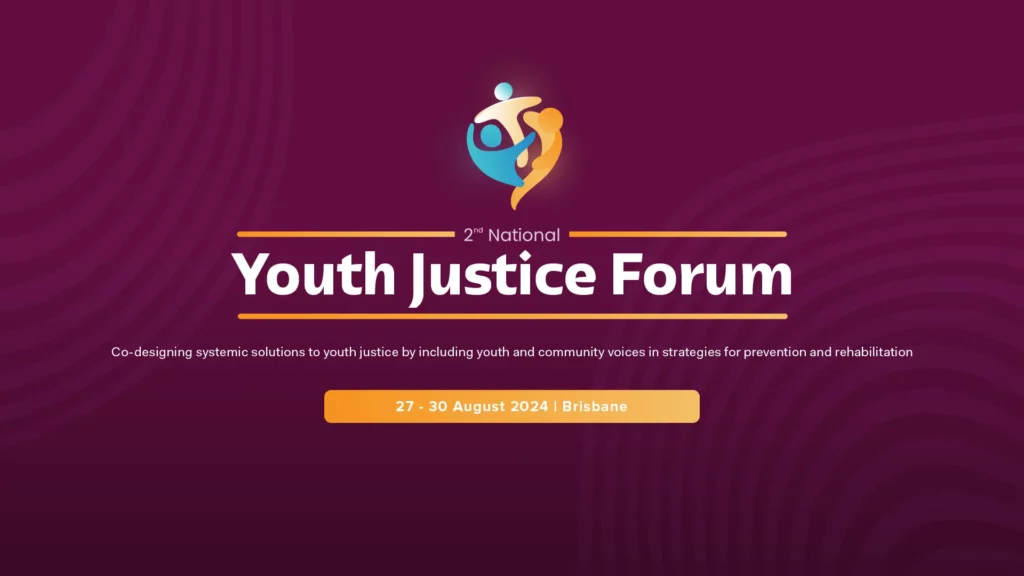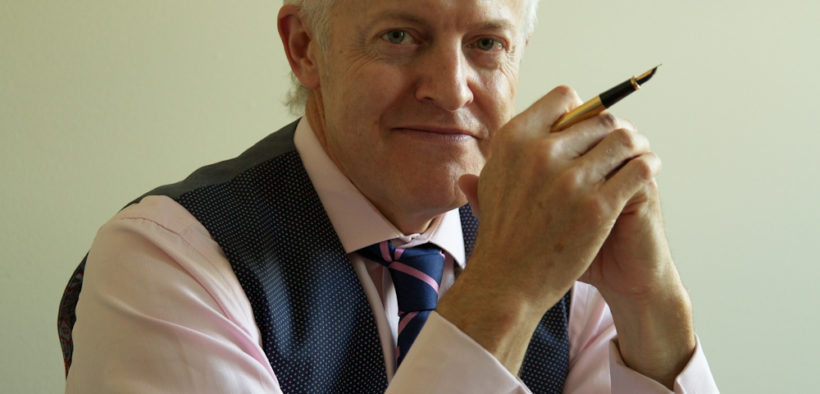“Martin wanted to serve, and the best place to do that was in the South,” said Dr Cory (CT) Vivian referring to his friend Martin Luther King. CT explained to me over breakfast that ‘Martin’ had an unwavering clarity of purpose. He knew what he needed to do for the people, even though he could have remained in the comfortable academic world of the seminary when he completed his Doctorate, said CT.
Dr CT Vivian lived in what he called “a wilderness of violence” with Martin Luther King as they struggled against systemic racism, and has since gone on to become an advisor to four US Presidents and a highly influential leader and leadership thinker. Being in his presence was like being in the presence of a great sage, with a lifetime’s accumulation of wisdom.
“You knew that you were dealing with killers. They scare you first and then kill you. Violence was part of the community,” said CT matter of factly, without any sense of anger or a need for revenge. Despite the awful and appalling way he had been treated I found in CT Vivian a man bigger than the problems and prejudice he encountered, a person who by his dignity, presence and moral stature called out some kind of desire for greatness in those he met (me included).
People matter
You can learn much from the example of people like Martin Luther King and Nelson Mandela – although their experience may seem far removed from you. They remind us that people matter, and that it is important to stand up for people.
This is the example set by Paul Polman, global CEO of Unilever, who consistently reminds us that ‘business cannot succeed in a community that fails.’ During more than five very successful years at the helm of Unilever he has constantly reminded those inside Unilever – as well as all levels of business government and society – that you need to look at where your firm touches people, at the impact it has on the communities of which it is a part.
Why does this matter to you in your business and your role? It matters because the world of work is changing, and the people who come to work have changing needs and expectations. Fundamentally they want to be treated as human beings, not as machines providing an outcome – usually economic – for someone or something else. It matters because business touches people in a way that can enhance or diminish their community and relationships.
The search for meaning and purpose
One significant response to the change that is occurring is the search for meaning and purpose at work. You have heard the language around engagement, making a difference, making a contribution, leaving a legacy, living a life of significance.
That’s what Mandela, King, Gandhi and leaders of their stature do for people (among other things): they help you find meaning and purpose in the midst of often quite difficult hardship. And they are able to do this because they put people first – they start with a dream for people, of how your life can be, of the difference you can make. You can hear this in the words of Martin Luther King when he dreams of his children being judged by the ‘content of their character not the colour of their skin’.
The search for a new kind of leadership
In the midst of the tumult and turmoil of today and the uncertainty of tomorrow there appears to be a common concern about leadership.
Not just any leadership however. Leadership for a changed context, for a new environment. You would be well aware of the major trends shaping your society, and which impact you and your business: the challenge of technology, cyber security, self-interest at personal and political levels, the clash of civilisations within and across geographic boundaries, fragmentation of political systems, a trust deficit within society, and many more.
These challenges pose an immediate follow on question about the kind of leadership required to lead in and through this change. People such as Nelson Mandela, Mahatma Gandhi, Martin Luther King and Mother Teresa are often proposed as models. This suggests that society is looking not simply for another form of technical leadership – such as a strategic or economic leader – but rather some form of ‘moral’ leadership that includes aspects of character and courage, of humility and wisdom. A kind of leader who cares deeply for people and who puts people before results, driven by what is right.
Human-centred leadership
This is a ‘Human-centred leader’ who exercises human-centred leadership: leadership that puts people first and which integrates the technical and moral dimensions of leadership. Human-centred leadership starts with understanding all the people who are impacted by your actions, and choosing wisely and well in accord with what is right, not just what gets a result.
This is the first aspect of human-centred leadership: putting people first. The second aspect flows naturally from the first, and involves integrating the moral and technical dimensions of leadership. The technical stuff matters – you have to bring commercial acumen, strategic insight, a global outlook, and deep industry insight among other key competencies – but the moral stuff matters more. It matters because leadership puts you in a relationship with someone else, and so involves decision-making that impacts their life.
Spend a moment to think about those leaders you admire and copy. Do they focus on results at the expense of everything else? Or do they genuinely care for you and others?
You can model human-centred leadership. Perhaps start by reflecting on the behavior you tolerate in yourself and others. Do an audit of all the people you and your firm touches in some way, no matter where they live. And most of all, like Gandhi, Mandela and King, refuse to be a bystander when someone is in need.















































































































































